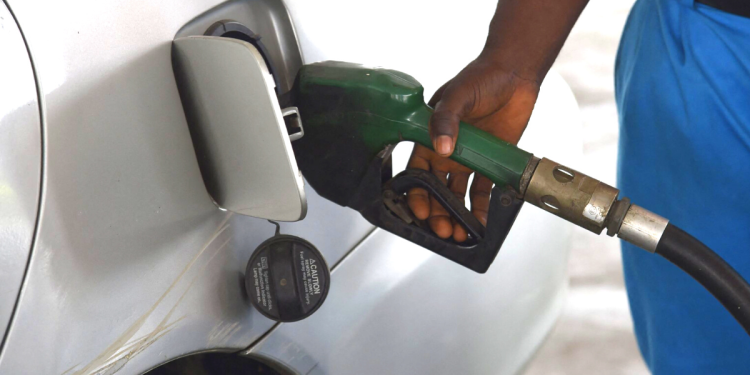
Subsidy Removal: OPEC quota cut may force Nigerians to pay more than N530/litre for Petrol
For a post-oil subsidy regime in Nigeria, a surge in global oil prices may lead to an increase in pump prices for Nigerians over the coming months.
Tag

For a post-oil subsidy regime in Nigeria, a surge in global oil prices may lead to an increase in pump prices for Nigerians over the coming months.
.webp)
If the Tinubu government then decides to retain it for the first four years of its administration, subsidy payment is estimated to gulp 14.01 trillion.
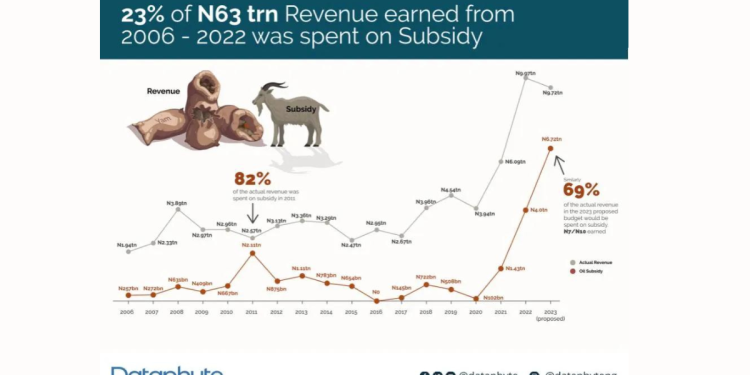
This is it: All over the world, the price of petrol, diesel and kerosene are relatively close. Petrol has the highest price, followed by diesel and kerosene. In short, petrol is the costliest and kerosene is the cheapest.
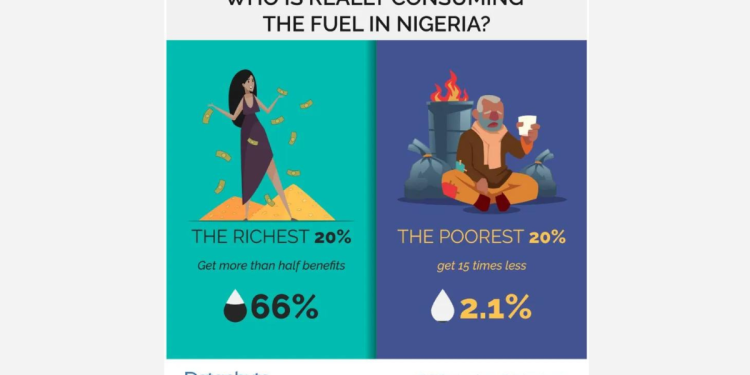
Let’s just call the $800 million ‘funding from a lending organisation’, and we arrive at a ‘loan grant’, a safe way to make peace.
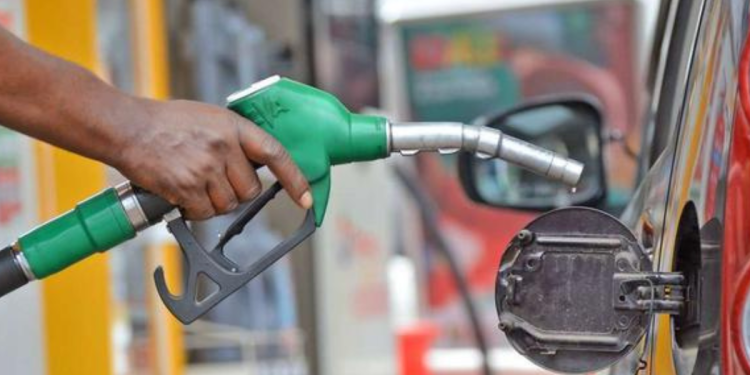
Al Utsaha, who traveled from Makurdi to Abuja on Saturday, January 28, purchased fuel at three different prices. He bought petrol at N305 per litre at a filling station in Northbank, Makurdi. On getting to Ado-Mararaba in Nasarawa State, he purchased a litre at N320. He then went on to buy it at N194 at the NNPC filling station along Zuba-Giri road on Sunday, January 29.
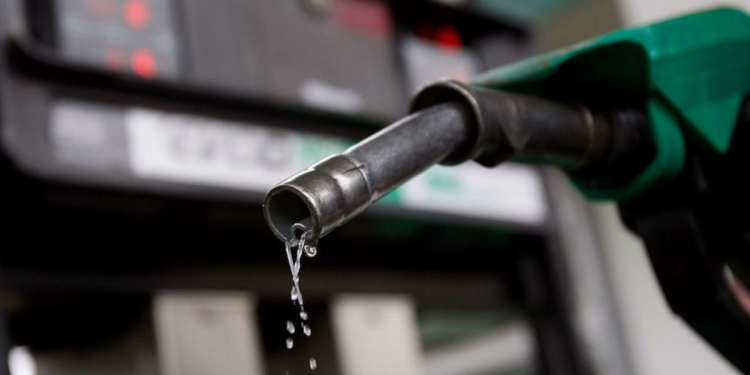
In the year 2000, the then Nigerian President, Olusegun Obasanjo, attempted to remove fuel subsidies. His administration argued that it cost the government $2 billion to subsidise the price annually.
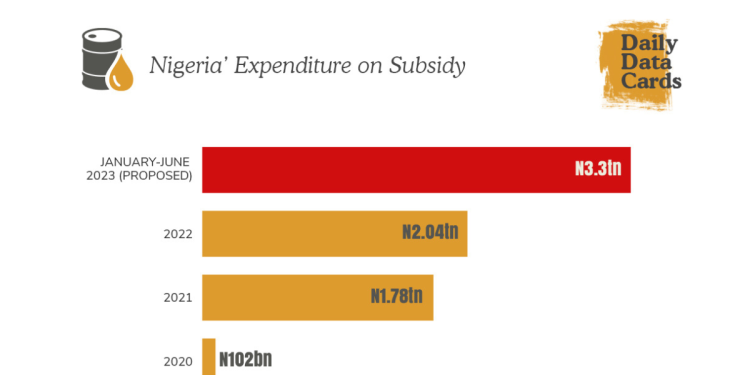
#DailyDataCard: Nigeria’s Expenditure on Subsidy
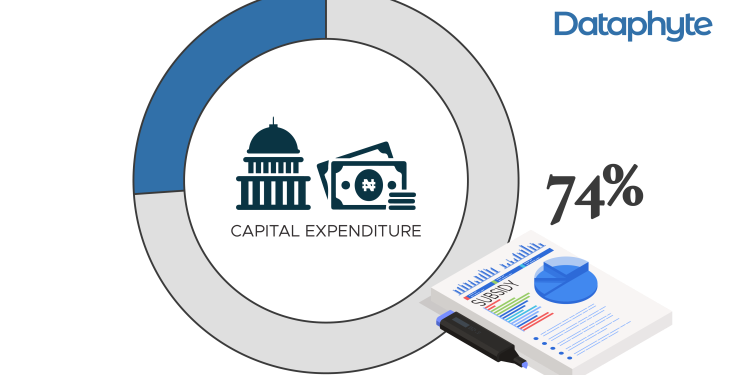
On the 7th of April, Nigeria’s President, Muhammadu Buhari, noted that the country would need up to four trillion naira for 2022 subsidy payment, up from the earlier projected N3 trillion. This development was blamed on rising oil prices amid high global demand.
.webp)
As of the time of writing this report, Nigerians are paying high prices for petroleum amid scarcity and long queues.
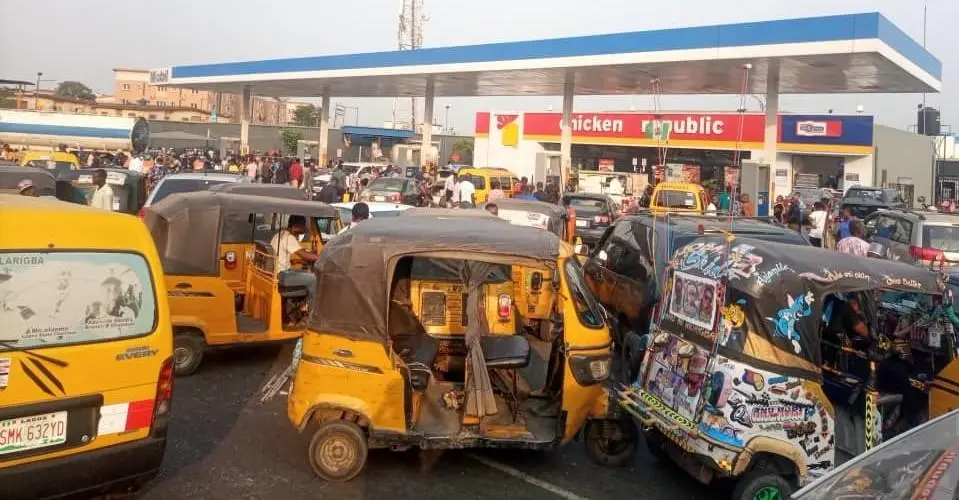
For many weeks, Nigerians have been battling with petrol scarcity.
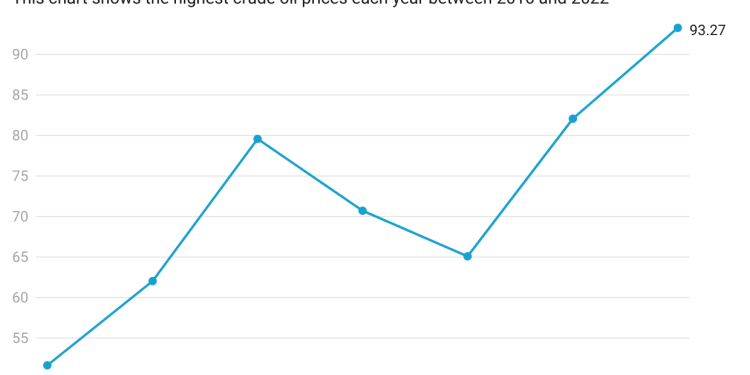
The price of crude oil as of 7th February stood at $93.27, its highest point in seven years.
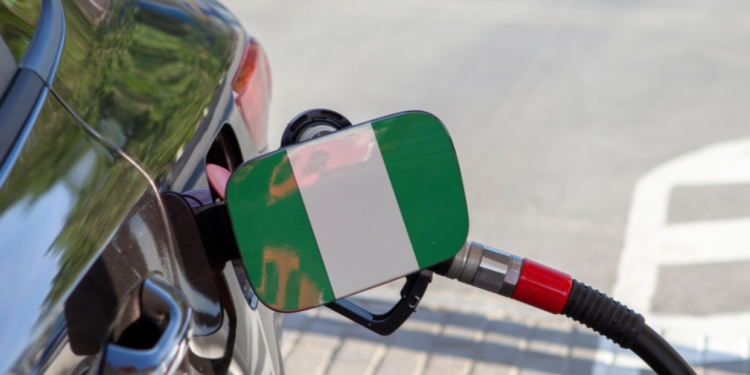
The Nigerian National Petroleum Company (NNPC) has requested N3 trillion as fuel subsidy in 2022.
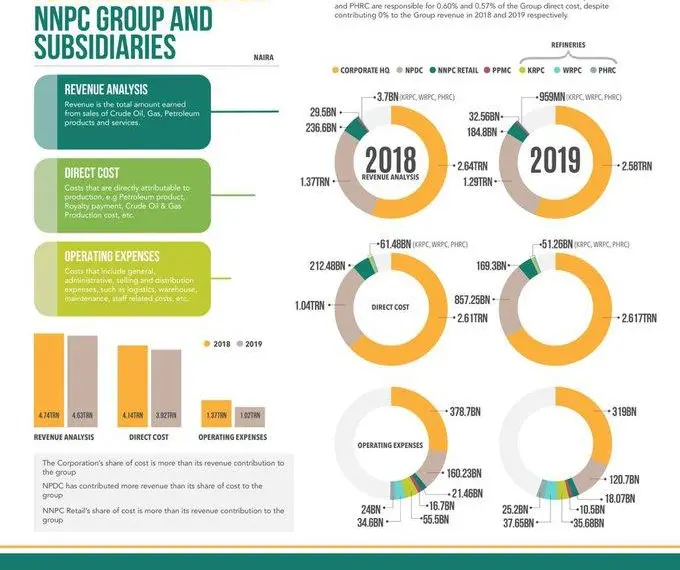
Last week, discussions on Twitter Nigeria harped on two cogent national issues in the oil and gas sector. One, the need to overhaul the downstream industry, and the other, the oversight audit of the state-owned oil company, Nigerian National Petroleum Corporation, NNPC’s accounts.
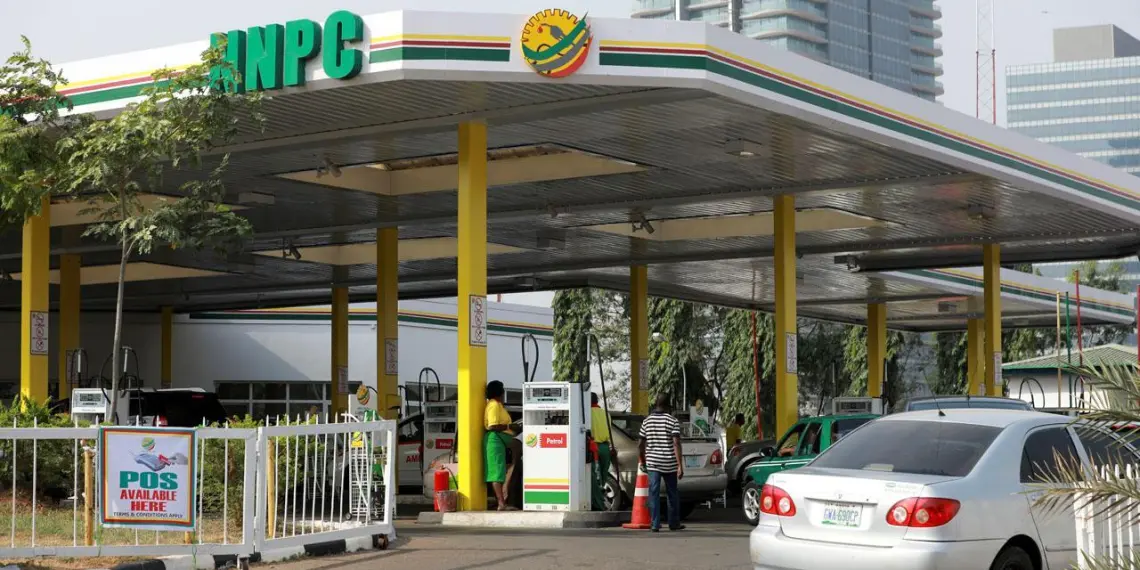
Following the furore that greeted the Petroleum Products Pricing Regulatory Agency, PPPRA’s announcement of a new petrol price regime, the NNPC has countered the regulatory body’s advice, stating “there would be no increment in the ex-depot price of petrol in March”.
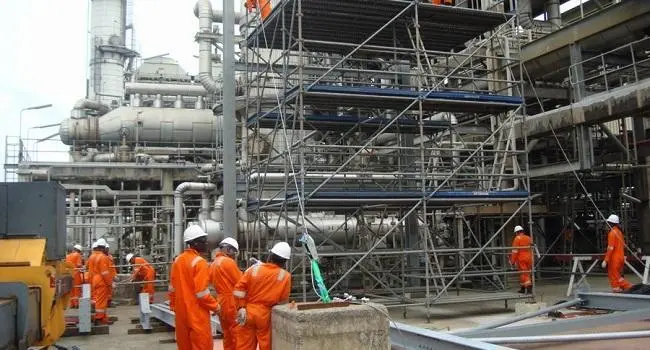
While some believe that oil subsidy is needed to lessen the plight of the poor, others believe it is an open window for corrupt enrichment of a few private and public officials who run the oil business.